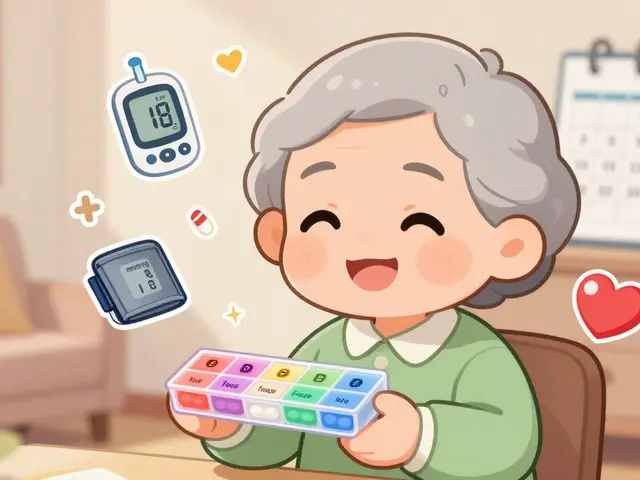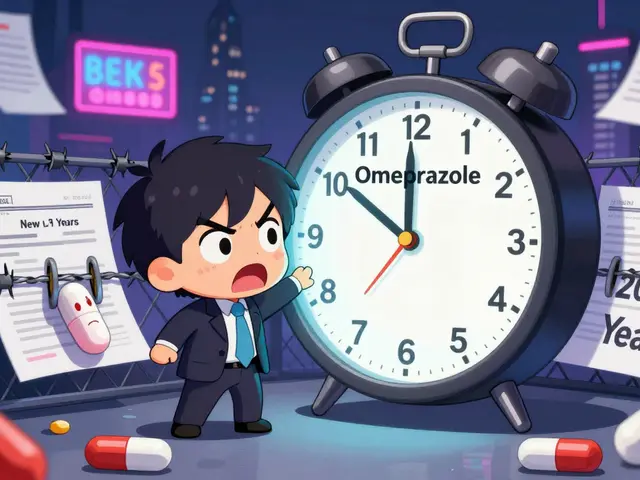Arrhythmia Risk: What You Need to Know About Heart Rhythm Dangers
When your heart skips, races, or flutters in a way that feels off, you might be dealing with arrhythmia risk, a condition where the heart’s electrical system sends out irregular signals, leading to abnormal heartbeats. Also known as heart rhythm disorder, it’s not always dangerous—but when it is, it can lead to stroke, heart failure, or sudden cardiac arrest. Many people assume arrhythmias are just annoying, but the truth is, some types are silent threats that show up only after serious damage has started.
What raises your arrhythmia risk? It’s not just age or genetics. Certain medications—like some antibiotics, antidepressants, or even over-the-counter cold pills—can throw off your heart’s rhythm. That’s why medication interactions, when drugs interfere with each other’s effects on the heart’s electrical activity matter so much. For example, acid-reducing drugs like PPIs can lower magnesium levels, which directly affects heart rhythm. Antibiotics like cefdinir or antifungals like miconazole can also carry hidden risks for people already prone to arrhythmias. Even something as simple as improper storage of meds can change how your body processes them, increasing the chance of dangerous side effects.
Then there’s the bigger picture: your overall heart health. Conditions like high blood pressure, diabetes, or thyroid problems all tie into arrhythmia risk. So do lifestyle choices—too much caffeine, alcohol, or stress can trigger episodes in people who didn’t even know they were at risk. Women, in particular, face different patterns of arrhythmia and are more likely to experience side effects from certain heart meds, according to studies on sex-based drug reactions. And if you’re on Medicaid or managing prescription costs, you might be choosing between cheaper generics and brand-name drugs that your doctor says are safer for your heart rhythm—hence the "Do Not Substitute" warning.
What you’ll find below isn’t just a list of articles. It’s a practical toolkit. You’ll see how to spot when a medication might be messing with your heart rhythm, how to talk to your pharmacist about risks, and how to avoid common mistakes that turn a mild flutter into a medical emergency. Whether you’re managing a known heart condition or just want to protect yourself, these posts give you the real-world details you won’t get from a quick Google search. No fluff. Just what works.
QT Prolongation: Medications That Raise Arrhythmia Risk

QT prolongation is a hidden heart rhythm danger caused by over 200 medications, including common antibiotics, antidepressants, and antipsychotics. Learn which drugs raise arrhythmia risk and how to prevent life-threatening complications.
read more



